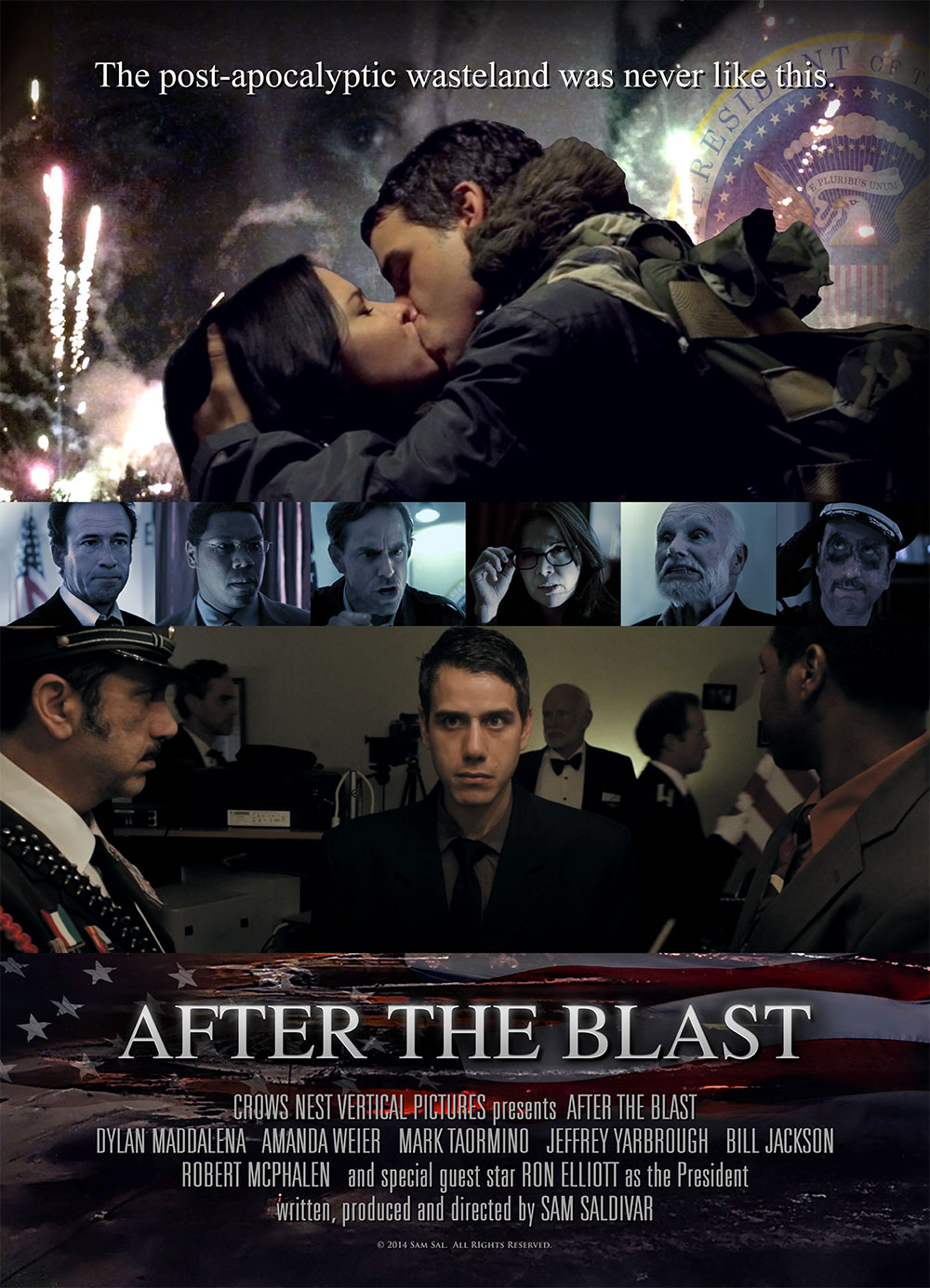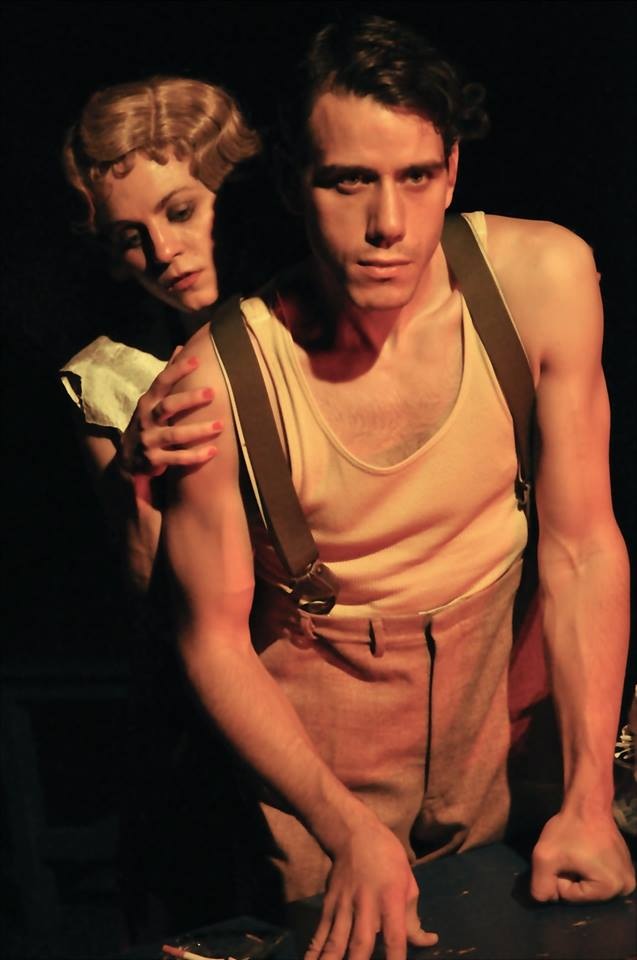Promises. We make them every day. When we tell someone we’ll do something, when we tell ourselves we’ll do something, when others tell us they’ll do something; in each instance, we are saying we will be responsible for making something happen. It can be a small thing like “I’ll make you a cup of coffee” or something large like, “I’ll take care of you.” No matter what, when we say we’ll do something, most of us try to actually do it. Does it always happen? No. Should we always expect it to happen? No. But there are different kinds of promises. Some are important, others less so. When a doctor says they will try to help us, that’s important. When a writer or director says they are going to give us a movie we have all been waiting to see, that is a kind of promise, but it may not ultimately be a very big deal when it doesn’t come to pass.
 First of all, there is creative license to consider. If I were given the gift of a huge budget and studio backing to bring some of my favorite comic books to life, I’m positive my vision would not please everyone. And most comic book movies are in that boat. Fans want perfection and there are just too many potential stories to please everyone. So the way to go is to make something original, commit to it and do it well. We know this is possible not only because commercial art has pleased people throughout history. But also because great comic movies have been made and released before, mostly very recently.
First of all, there is creative license to consider. If I were given the gift of a huge budget and studio backing to bring some of my favorite comic books to life, I’m positive my vision would not please everyone. And most comic book movies are in that boat. Fans want perfection and there are just too many potential stories to please everyone. So the way to go is to make something original, commit to it and do it well. We know this is possible not only because commercial art has pleased people throughout history. But also because great comic movies have been made and released before, mostly very recently.
In fact, Daredevil has been adapted to film and more recently (and spectacularly) to TV. I bring that example up because it came out about a week before Batman v Superman and dealt with many of the issues I ASSUMED would be dealt with in BvS. Assumptions are fodder for disappointment and probably should be avoided, but I’ll come back to that. Daredevil Season 2 on Netflix featured The Punisher and the title character, Daredevil, on a collision course becuse they viewed their roles in fighting crime very differently. For one, Daredevil has superhuman ability because of a childhood accident involving toxic chemicals. He can tell if people are lying, he can see in the dark, and he has had very special training to hone his abilities, including training as a Ninja (among many other fighting styles he’s mastered). In his other life, however, Daredevil is a blind lawyer named Matt Murdock who uses the legal system to fight the same battles by day he wages at night. Ultimately he believes in the law and that belief extends into his quest as a masked “hero.”
The Punisher is a regular man who has lived through some radical punishment himself. A war hero, he witnessed his family gunned down in front of him before taking a bullet to the head, apparently on his first full day back from war. Of course, he miraculously lived and now has a vendetta against those who took his family that will be applied to anyone and everyone he deems worthy of punishment. More than that, he will not only choose who deserves punishment, but he will be the one to give it to them.
That set up clearly defines the world view of the two characters before we see them collide, and those of us who are familiar with the two men from comic books, know these differing views will be the REAL battle between them; not that they need to fight because they are costumed heros but because Daredevil believes The Punisher goes way too far and The Punisher believes Daredevil is an ineffectual half-measure. Pretty good set up.
When we were told Batman v Superman was (FINALLY) being made, many of us were looking forward to a similar philisophical battle coming to the big screen featuring our favorite DC Comics heros, rather than some of Marvel’s coolest but frankly B-list characters. It’s not some notion a collective of fan-nerds invented in our heads. It’s a fight that has been taking place in comics since at least 1986 when Frank Miller’s Dark Knight Returns was released and featured a future world where Batman had to unretire to brutally dethrone a group of bad guys. In that world, there was only one real superhero left – Superman – and he had become little more than a government sanctioned lackey. Batman felt that defeated the purpose of fighting crime his way, which is to literally BE a punishing nightmare to criminals. So when Superman was tasked by the President to take Batman down, they fought about ideals, not just for the sake of fighting.
Especially considering the visual cues taken from this specific comic book, this is the promise that was made to us: Batman and Superman would battle because they both felt the other needed to be checked. In the wake of an alien battle that leveled Metropolis, Batman fears an overpowered, God-like being with no oversight. And Superman feels Batman goes way too far in his brutal vendetta against Gotham’s criminals. Pretty good set-up.
Every trailer, every clip, every interview given in the lead-up to release, reinforced this idea that we were getting more than just a battle between costumed heros. We would have to choose sides and in the end, there would be a real debate as to who was right. It would be the most amazing movie ever, and one we’ve been waiting our entire lives to see.
Then the movie was released. Turns out Batman’s motivation is pretty spot on: an alien war had been brought to Earth and even though Superman fought them off and saved Earth, the reality is that “if he wanted to, (he) could burn the whole place down.” And guess what? Batman’s right!! And though we were teased with some early scenes where Clark Kent reports on some of the Batman vigilante’s brutal ways, trampling on civil liberties, that idea seemed to stop cold about a third of the way into the movie as the villan, Lex Luthor, enters the landscape.
Once Luthor’s mechanations start to take shape – a PR battle against Superman and a desire to craft an anti-Kryptonian weapon made from wreckage of the downed World Engine from Man of Steel – the entire central fight goes off the rails. Lex captures Clark/Superman’s mother and with her hidden, demands Superman kill Batman. So they fight. And that’s it.
The fight is fine. Great even. And it goes down much the way I anticipated it would. Until the end. This is what I envisioned: Batman has traps set up to bother Superman, then uses the kryptonite gas to weaken him. But he doesn’t kill. He tells Superman, “I didn’t have to go easy on you (meaning, he could have killed him with the kryptonite). I want you to remember, in your most private moments, the one man who beat you.” See, the point isn’t to kill him. It’s to educate him that men are capable of and WILL take him down if he ever crosses the line. That he’s not all powerful and he’s not a god.
Instead, the fight happens and just when my storyline should have taken place, Superman – from under Batman’s boot – says something like, “He’s going to kill Martha. You have to stop him.” …Because both Superman and Batman’s mothers share the same name. Sigh.
All the peripheral story points notwithstanding, that gladiator match between the two heros should have been more than a Lex Luthor plot point. It’s the title of the movie for Superman’s sake!
I stated before that I had made some assumptions about what should happen and how. And of course, that’s not fair. After all, I didn’t make this movie. I had nothing at all to do with it. So for me to sit here and tell WB or Zach Snyder or Chris Terrio that what they did was wrong is crazy. It’s their movie, their vision.
What I feel isn’t disappointment exactly. It’s more than that. See, what I felt was a promise had been made to me. And, again, every ingredient we were given in the lead up seemed to buffer my idea that the two were going to collide because they both felt the other needed some kind of check on their power, since neither was subject to the structure of law and order the rest of us live by.
Examples:
1) The official plot outline: “Fearing the actions of a god-like superhero with unchecked power, Gotham’s own formidable, forceful vigilante takes on Metropolis’s most revered, modern-day savior, while the world wrestles with what sort of hero it really needs.”
2) The Comic-Con trailer opens with a Congressional hearing, seemingly in the aftermath of the destruction in Man of Steel. Then it shows Bruce Wayne was there in Metropolis during the battle between Superman and Zod, where one of his buildings is destroyed. Then it shows an exchange between Clark Kent and Perry White where Kent is clearly concerned about Batman’s brutality.
3) The famous Doomsday trailer opens at an event where reporter Clark Kent ambushes Bruce Wayne and begins questioning him about his “position on the Batman vigilante in Gotham.” And Wayne responding about how the Daily Planet isn’t concerned with Superman’s vast power. Do they know each other’s secret identities?!? Very intriguing.
All of these examples reinforce that there is a real reason these two need to straighten their differences out, and of course being a comic book movie, there’s only one way that can happen. It all seemed so great! And their differences so clear. Choose a side and watch what happens, right? I mean… RIGHT?!?!?
Is it fair to have assumptions about what should happen in a movie? Making assumptions and then being disappointed that other people don’t share my assumpitons, especially when it’s their movie to make, is horribly unfair. But that’s what I did. And I was so sure I was right that its taken me 2 viewings and 3 days to reason this out in my head. Was a promise made to me or did I simply think on my own what the movie should be? Since I have to admit that I had certain expectations that weren’t fulfilled, but that those film makers are not beholdent to what I want in my movie experience, I can’t call it disappointment. And really, upon seeing the movie a second time without the weight of expectation and assumption, I had a much more enjoyable time.
Go see this movie and take it for what it is. Like Man of Steel, where many MANY people were horribly put off by all the killing and death wrought by the Zod/Superman battle, it may be that in time, the collective anger, the disappointment I keep reading about will subside and even comic book fans like me will be able to see that this movie is just like another comic with a new creative team, telling a new story. Just because it’s a movie and one that lifts plenty of visuals from some very specific storylines, doesn’t mean it’s meant to be a direct adaptation of said storylines. Even in The Dark Knight Returns, there are story points that aren’t that great.
Do I wish the main fight in BvS held more weight? Yes. Do I think there are other, better battles between Batman and Superman told in comics? Yes. But, to it’s credit, Batman v Superman is bold in that it tells a completely new story. It makes tough choices and will be it’s own creation when it’s all said and done. For me, that was tough to swallow the first time through. Now, I think I’ll wait to see it play out and continue to hope that the people making the decisions don’t screw up.
Rating (out of 5): 4
A completely new take on Batman & Superman as their worlds collide. Different than what was expected, given all the promotional material, but new and unique, with BOLD choices made. Not for children because of violence.






